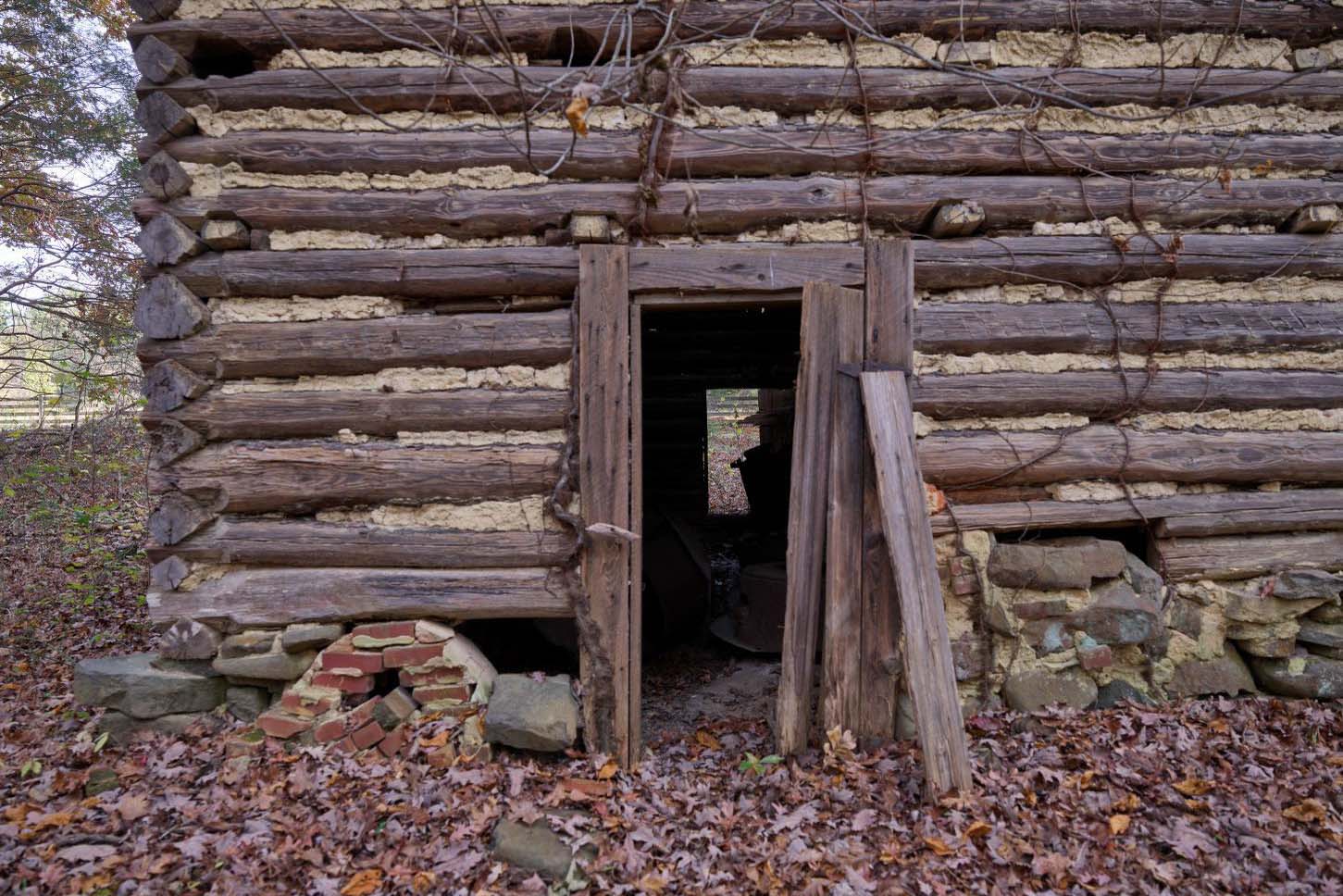Nursing on Enslaved Plantations

During the 19th century, enslaved women performed the majority of nursing work on plantations. They provided nursing care to sick and injured enslaved people in plantation hospitals known as “sick houses.” Their service within enslaved communities integrated traditional healing knowledge and practices handed down from older community members, with indigenous and European medical knowledge and practices. As historian Sharla Fett notes in Working Cures, “Enslaved women grew herbs, made medicines, cared for the sick, prepared the dead for burial, and attended births.” As healers and caregivers, enslaved nurses were highly valued for this essential care to their families and communities.
The work of enslaved nurses has “encompassed exploitation and power as much as intimacy and care, forced labor as well as free, and has served both communities and regimes.”
R.J. Knight, in African Americans, Slavery, and Nursing in the U.S. South
Enslaved women also cared for the families of their enslavers, attending births and providing child care, sick care, and elder care. They also served as surgical nurses for physicians such as J. Marion Sims, who performed brutal experimental surgeries on enslaved women. Enslavers, including many physicians, valued their work but simultaneously denigrated the intellectual capacities of enslaved women, using their perceived intellectual and biological differences as justification for their enslavement and for the violence enacted upon them in the name of medical experimentation. As historian Deirdre Cooper Owens documents, white physicians assumed that enslaved women were intellectually inferior but nevertheless relied on enslaved women as nurses and surgical assistants—work that required high levels of skill and in which intelligence and judgment were valued.
This week’s articles explore the complex history of enslaved nurses and makes clear, as R.J. Knight writes in African Americans, Slavery, and Nursing in the U.S. South, that the work of enslaved nurses has “encompassed exploitation and power as much as intimacy and care, forced labor as well as free, and has served both communities and regimes.”
- Those of Little Note: Enslaved Plantation 'Sick Nurses' documents the experiences and expertise of the enslaved nurses who worked in plantation hospitals in the Danish colony of St. Croix (now part of the present-day U.S. Virgin Islands) during the 19th century.
- “African Americans, Slavery, and Nursing in the U.S. South” explores the varied dimensions of nursing under slavery in the U.S.
